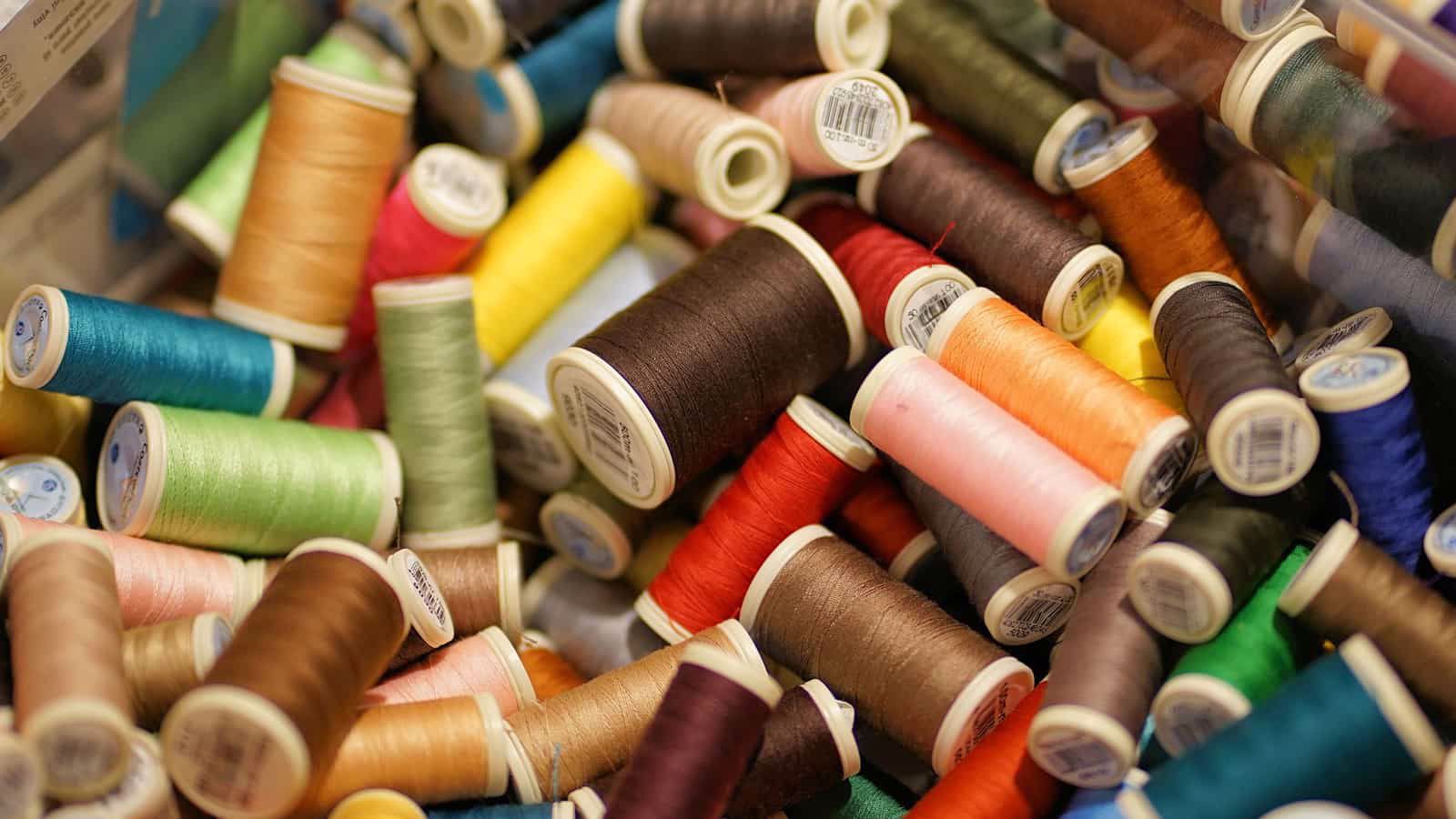The leading Dutch financial newspaper, Het Financieele Dagblad, recently highlighted the Portuguese textile industry and its commitment to sustainability and innovation.
The article highlights how Portugal has maintained and developed its textile industry, unlike many other European countries that have allowed it to disappear. Geographical proximity, preserved knowledge and robust infrastructure have made the country a preferred destination for brands that value sustainable production.
Fashion companies, particularly from the Netherlands, have increased their imports of Portuguese clothing and footwear because of the quality, sustainable practices and decent working conditions. According to the Dutch Central Bureau of Statistics, €194 million worth of clothing was imported from Portugal in 2023.
The article quotes various Dutch companies with operations in Portugal, such as Mr Marvis and Manufy, and their views on the Portuguese fashion industry. Steven Vrendenbarg, co-founder of trouser brand Mr Marvis, highlighted the advantages of nearshoring by producing in Portugal, noting that the short distance between the two countries facilitates business relations. Similarly, Nout Knabben, CEO of Manufy, praised the highly recognised way of producing garments in a socially responsible and sustainable way, which is increasingly sought after by consumers.
A number of Portuguese companies, including Adalberto Textile Suppliers, Citeve and Tintex, were also interviewed to share their insights on the innovative capacity of the Portuguese fashion industry. The sector is at the forefront of product and process innovation and sustainability, using cutting-edge technologies and sustainable materials to create eco-friendly, high-quality garments. The industry's commitment to innovation also includes developing a skilled workforce and investing in research and development, ensuring that Portuguese fashion remains competitive and adaptable to market demands.
The article also highlights that Portugal is building an image of high quality and socially responsible production, which is becoming a competitive differentiator. The combination of sustainability, innovation and good working conditions is strengthening Portugal's position in the global textile market.




